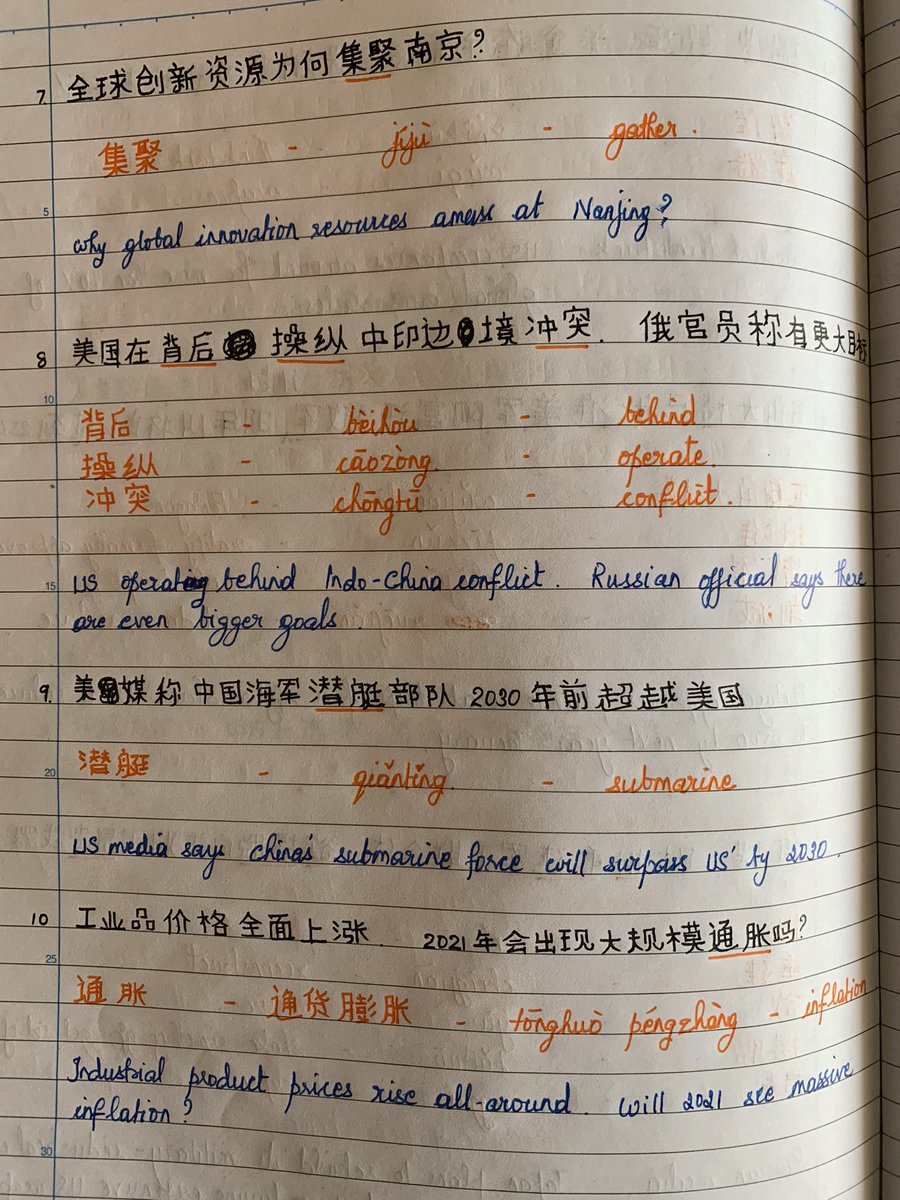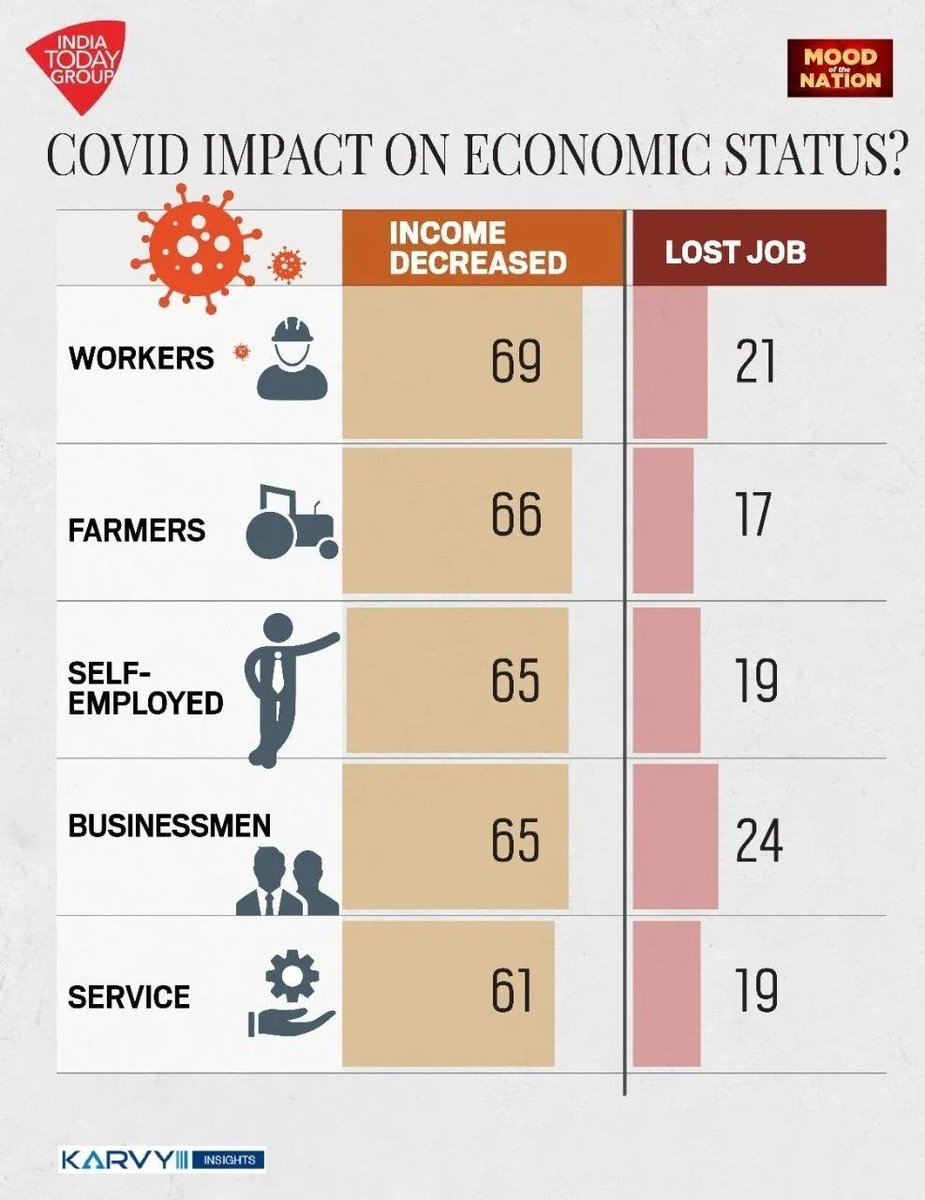
Personal update:
After Galwan Valley incident, out of shame at lack of in-depth understanding of China, its past & designs, I started learning Mandarin Chinese.
Finished all freely/cheaply available courses in Coursera & Udemy in the last 6 months. At around HSK level 5 now.



After Galwan Valley incident, out of shame at lack of in-depth understanding of China, its past & designs, I started learning Mandarin Chinese.
Finished all freely/cheaply available courses in Coursera & Udemy in the last 6 months. At around HSK level 5 now.




Have been studying it like a small kid. Waking up at 5:30 every day, spending 5-6 hours a day writing and reading, finishing one notebook after the other, using different colors for hanzi, pinyin and English. 

One aspect of the learning was to become able to read and understand economic, military and diplomatic articles in mandarin. Finding good sources itself took sometime. But totally worth it. 







Sun Tzu said
"知彼知己,百戰不殆;不知彼而知己,一勝一負;不知彼,不知己,每戰必殆"
But,
无论是敌人还是朋友,我们都需要研究我们的邻居.
"知彼知己,百戰不殆;不知彼而知己,一勝一負;不知彼,不知己,每戰必殆"
But,
无论是敌人还是朋友,我们都需要研究我们的邻居.
As a civilisation and as a country, we cannot afford to not know the history, design and desires of an aggressive power in our neighbourhood. Knowing them and predicting their actions is our best bet.
A prudent Government should encourage independent scholarship on China.
A prudent Government should encourage independent scholarship on China.
• • •
Missing some Tweet in this thread? You can try to
force a refresh









